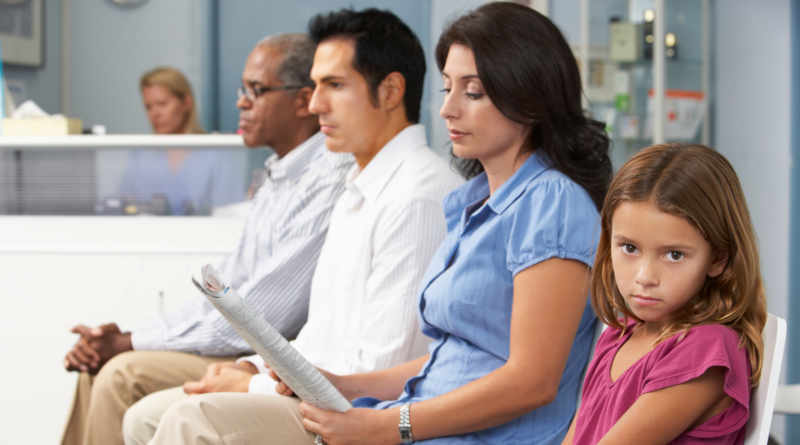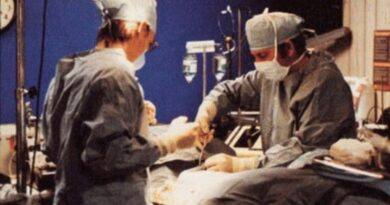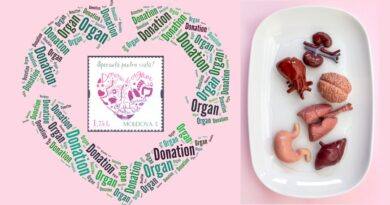Being useful while waiting for an OPD Consultation in Hospitals
As a school girl, I often happened to see my father, a dermatologist surrounded by skin patients waiting patiently for their turn. They didn’t seem very sick with just an odd rash here and there and only occasionally looked distressed. Most had to wait for hours to be seen and to me it seemed such a waste of time. Now as a medical student, I have come across papers which have analyzed patient waiting period, noted it being a cause of dissatisfaction among patients and have suggested ways to reduce it. While this is a welcome effort, in a country like India where the doctor-population ratio is still very poor and government doctors are overstretched, this may be a distant dream.
I was wondering whether this wait in the outpatient department (OPD) could be made fruitful for patients/attendants, hospitals and the community. Can the medical fraternity/hospital social worker/NGOs be the catalyst for this “Healing beyond the medical domain” by motivating the patients and/ or their attendants to be available to their fellowmen. This may sound alien in developed societies but this is a reality in developing nations. To begin with, I have chosen “Dermatology” as a specialty where this initiative could begin, as most patients have disorders that are cosmetically distressing and not physically incapacitating. As a medical student, I now feel as I move around in the hospital during my clinical postings that it may be a little more difficult to begin in other OPDs like Internal Medicine, Pediatrics, Surgery, Orthopedics, etc. where the patients may be relatively more sick and less mobile and may also require more attention from their attendants. So while they wait in an OPD, they could be encouraged & sensitized to help with few of the listed voluntary and charitable acts with a lot of positive spin offs – ultimately a waiting time well spent.
- Contribute to cleanliness: Government setups have much higher footfall and limited housekeeping manpower. Patients/attendants can participate in a cleanliness drive by helping keep clean the OPD areas. This should not be perceived as something below one’s dignity. After all many people do ‘Kar Sewa’ when they visit places of worship as pilgrims.
- Volunteering to help other sick patients reach their destination: Mobile and able-bodied patients/attendants could help to cart sick and immobile patients to doctors’ chambers, investigation and imaging areas where hospital manpower may be limited as help to an unaided patient makes an instant difference.
- Making worthwhile charity: A sharp eye and few questions will make one realize that distress in another patient’s eye is not due to physical illness alone but due to poverty. Volunteering to buy a few medicines or pay for some investigations would be a great service indeed.
- Being an educator: Those blessed with the knowledge to remain healthy, to keep our environment clean, about agencies which help the needy, about bus routes to reach a place etc. can educate their fellow patients who are in need of such information.
- Being a hospital guide: Those under long term follow-up with multiple hospital visits have a fair idea about location of different services in the hospital which they can use to help and guide other patients. Sometimes sick patients are struggling to reach simple facilities like washrooms and drinking water in the absence of adequate signages.
- Donating useful reading material: Useful books, magazines which are of practical educative value and have outlived their utility at home can be brought to the OPD waiting area so that others can benefit. New reading material for self-learning can be brought along to make use of the waiting time.
- Learning about basics of health care & emergency: Hospitals with a good audio-visual set-up can display and disseminate practical health information to waiting patients. This includes important basic life support measures like how to perform cardiorespiratory resuscitation in emergency situations at home and in neighborhood before medical help arrives. Information about new emerging health related issues including epidemics like COVID 19 and community measures required to contain them could also be relayed via these electronic platforms.
- Interacting with medical social workers in hospital campus: Medical queries including those of a very personal and sensitive nature can be sorted out during the waiting period by meeting counsellors and medical social workers.
- Interacting with other hospital supportive services: Many hospitals have departments for physiotherapy, dietetics & Yoga which can be visited and knowledge gained regarding proper nutrition & exercises for staying healthy and recovering early from diseases.
These are some of the useful things which can be done by patients and/or their care givers to transform their waiting period from being boring, burdensome and frustrating into a useful, educative, enriching and philanthropic experience. I feel strongly that the onus has to be on our medical fraternity and those involved in voluntary health services to motivate and nudge our patients with some of these ideas which appeal to them. This will be our additional service to them apart from being medical healers.





Thank you for being of assistance to me. I really loved this article.
Can you write more about it? Your articles are always helpful to me. Thank you!
The articles you write help me a lot and I like the topic
Thank you for your articles. They are very helpful to me. Can you help me with something?
May I have information on the topic of your article?
The articles you write help me a lot and I like the topic